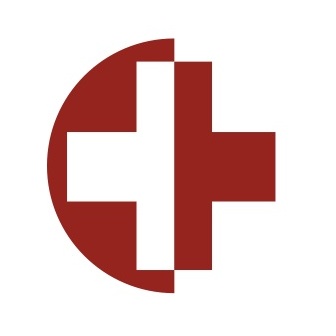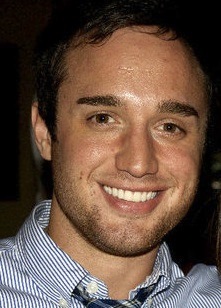A Transplanted Life – Guest Post by Noah Swanson
It is my pleasure to share a bit of Noah Swanson’s story with you today. At 13 he was diagnosed with autoimmune hepatitis; the disease from which his father, my uncle Lorry, died in 1989. Noah was just two years old. He subsequently received a liver transplant at age 16, and now in his mid-20s is married and has a beautiful little girl.
Noah is in the process of writing a book that chronicles his transplant journey and provides much needed information and encouragement for others who find themselves on the transplant path. A resource he longed to have as a teenager struggling to make sense of the curve-ball life had tossed his way.
Enjoy the following excerpt from A Transplanted Life, and check out the links at the end of the post for additional info.
Learning to Fear
Webster defines fear as, “an unpleasant often strong emotion caused by anticipation or awareness of danger.” Fear can be debilitating, but it can also be motivating. Regardless of what it caused, fear has played a part of my liver transplant experience.
I first discovered I was sick when I was 13 years old and received a liver transplant 3 years later. Whether it was caused by uncertainty or the dread of pain, fear often made its way into my journey through transplant.
As a child we were taught to fear. It’s not something we were born with.
“Don’t touch the stove because it is hot” or, “don’t stick your finger in the electrical socket because it will shock you.” We are not born with knowledge of heat properties nor do we know anything about the characteristics of electrical currents as a child. My daughter, who is only one year old, reminds me of my own ignorance I most likely possessed at her age. While only being on this earth for twelve months, she has not yet had the chance to learn fear. When she is playing on the bed, she will walk to the edge without fear as if she has no concern of the consequences of falling head first off the bed. It is the same reason a child has to be told not to play in the street.
At an early age, children have not yet personally experienced the pain these events can provide. That pain is what in turn teaches us to fear the repercussions associated with pain. This is a healthy fear and is essential in life. A fear of what causes harm will prove to protect us.
We also fear the unknown.
As a child, I can still remember the fear I experienced every time I walked down the stairs into our basement. The way the light came through the window caused a strange shadow to be displayed against the wall. It did not help that I had a wild imagination, but each time I reached the bottom of those stairs I was greeted by a shadow that resembled a man with a very large nose.
Throw light onto your fear
It was several years before I realized where the shadow was coming from, and until that time, I was always worried some strange man with a large nose would jump out from somewhere. One of the greatest ways to conquer fear is to eliminate the unknown if possible. There are certain unknowns that will have to be left unknown, but there are others that we can shed some light on.
But when you find yourself in the hospital or facing a major operation, there is a good chance you have very specific fears in mind. The fear of pain, the fear of what comes next, and probably many others. I encourage you to prevent those fears from holding you captive. Shed light on each one of the fears you experience. Address the fear, talk to your doctors, and share them with your family and friends.
Turn fear into your motivation
Another great way to conquer fear is to use that fear to your advantage.
One of an athlete’s greatest fears is the fear of losing. Because of that, the athlete will practice and use that fear of losing as motivation. After my transplant one of my fears was looking like a malnourished ultra marathon runner, as my brother would describe my appearance the first months after discharge. Because of this fear, I was motivated to workout. This fear of looking sickly and weak caused me to strengthen my body and get my body into better shape.
Trust the Lord
One of the hard lessons I had to learn through this experience is the reality that I am not in control of my life. But in realizing this truth I was greeted with an awesome reality: I am a child of the God who is in control of my life.
Isaiah 41:10 says, “So do not fear, for I am with you; do not be dismayed, for I am your God. I will strengthen you and help you; I will uphold you with my righteous right hand.”
No matter how great the obstacle you face, take a deep breath, and realize God is in control.
You can learn more about Noah on his A Transplanted Life website, A Transplanted Life on Facebook and A Transplanted Life on Twitter.



Thanks Kim for putting this part of Noah’s book on your blog.:) You’re a blessing to many! See you a week from Thursday Lord willing. And I’m praying for you:) Love you 🙂 Marilyn
Sent from my iPad
>
My pleasure!
Excellent insight and great advice to douse fear with Light.